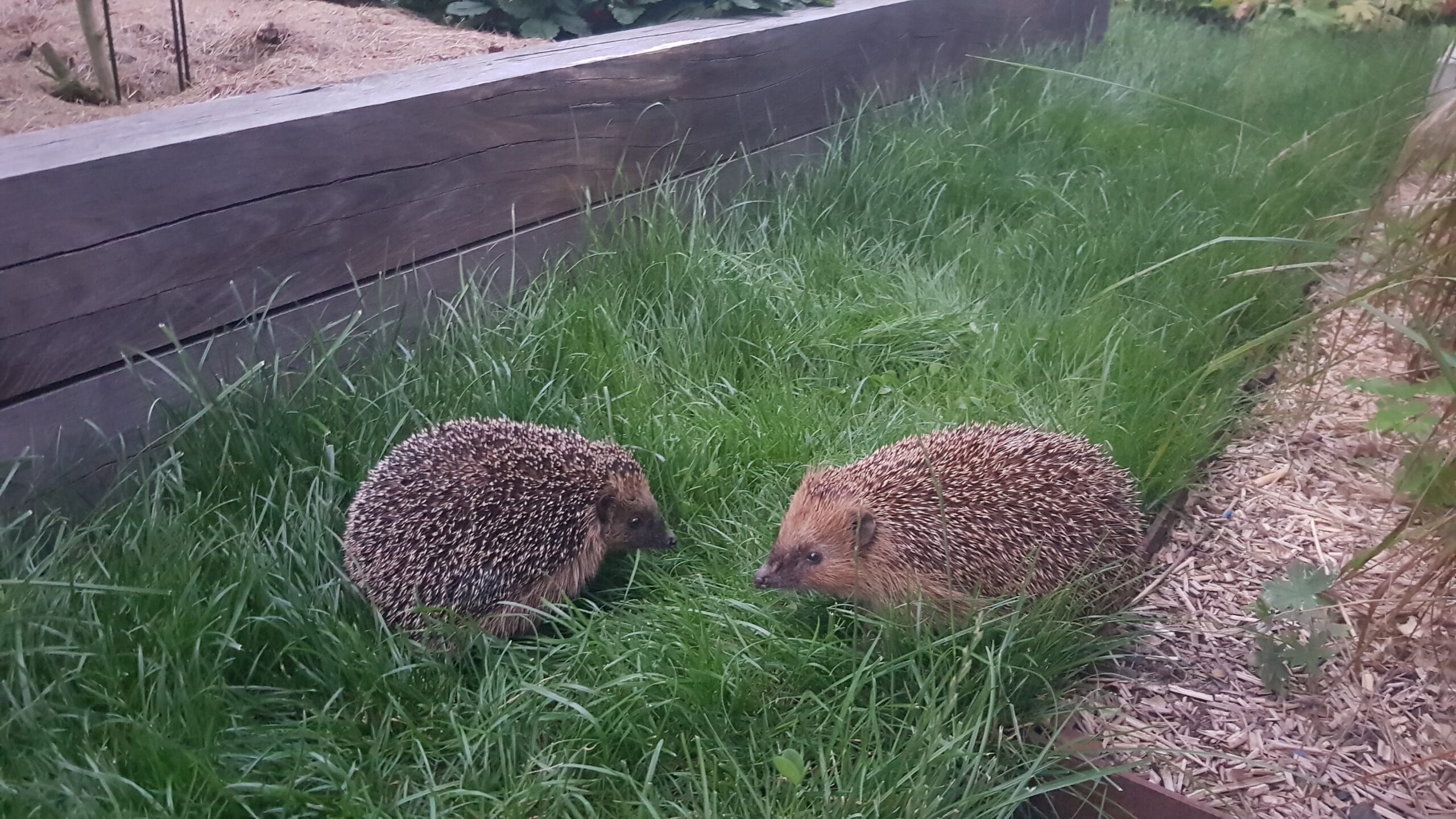"No problem can be solved from the same level of consciousness that created it." – Albert Einstein
Does your garden work for you? Despite huge body of advice out there—just think about all books, magazines, blogs, social media, TV programs—many garden owners are still not satisfied with the outcomes of their efforts. As if some magic ingredient was missing. I am convinced that this magic ingredient is not just experience: it hides in fundamentals, like clarity of what one wants to achieve and why. Then comes how, which means understanding design principles and our mental responses to the space around us.
Design and architecture reflect the society, and simultaneously shape the society. The garden is not just an 'outdoor room', as we were taught by landscape architects of the previous century. Today's garden is a place where a lot of forces meet and become tangible: the hectic life of a modern-day professional, the individual battle between 'to be' and 'to have', as well as the changing weather patterns, and the issues of human dominance and responsibility. These forces create friction between what we like, what is feasible, and what is sustainable to eventually undermine traditions and incite us to rethink our landscapes. By deciding how we garden, we make decisions with little big consequences—in the first line for our wellbeing and integrity, in the second for all living things that are part of this world, including those that come after us.
Thus, my plan is not to write about five best companion plants to roses, or what to do with a shady corner, or share stunning garden photographs (although sometimes I might). I think there are many other authors that do it really well and I just don't see a need for one more. Instead, I would like to give you a compass to find the magic ingredient by yourself. I would like to inspire you to make the most of your outdoor space by showing you various angles to look at things. I want you to have a garden that brings you joy, that gives you resilience to cope with difficult times, that provides respite from life pressures. The garden that gives you safe space to be you. I am trying to remove 'impossible' from my daily vocabulary. That is my rebellion against rules and common beliefs, which I will be sharing on these pages.



